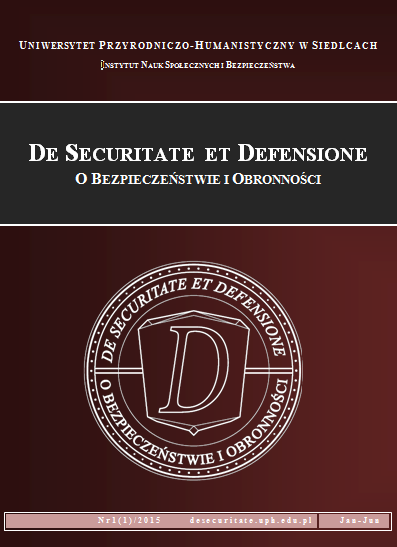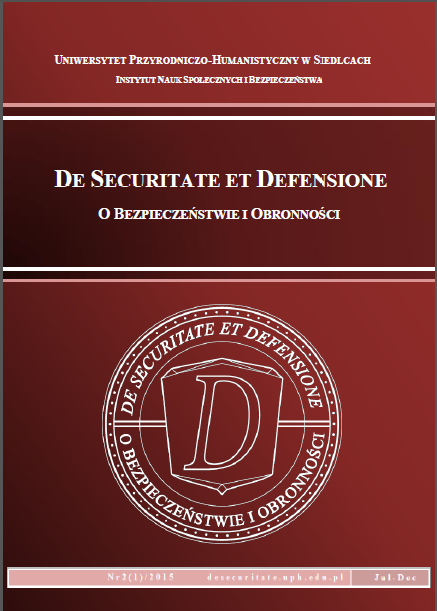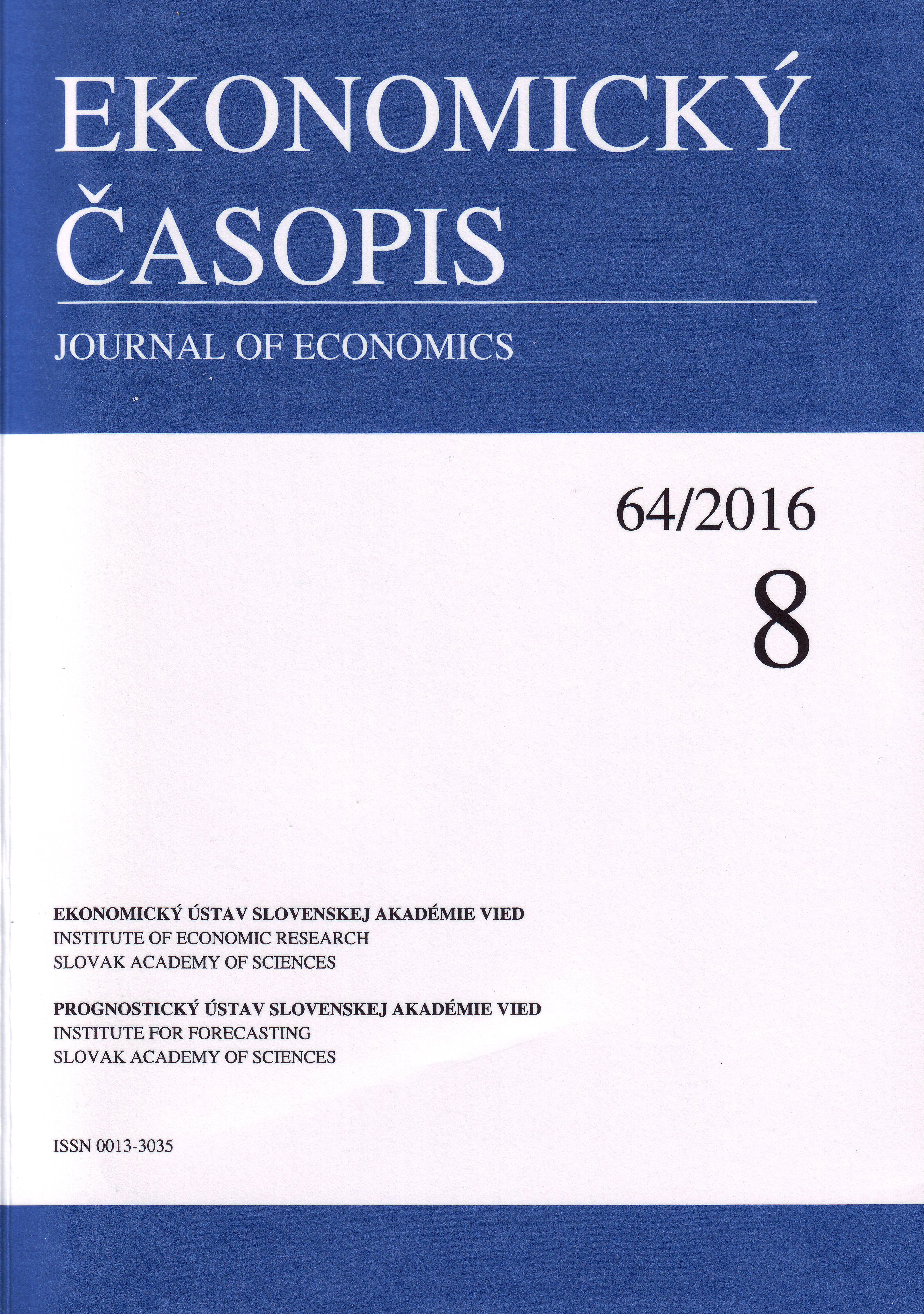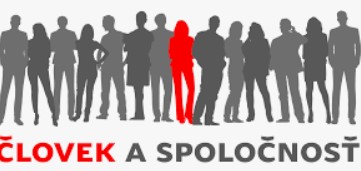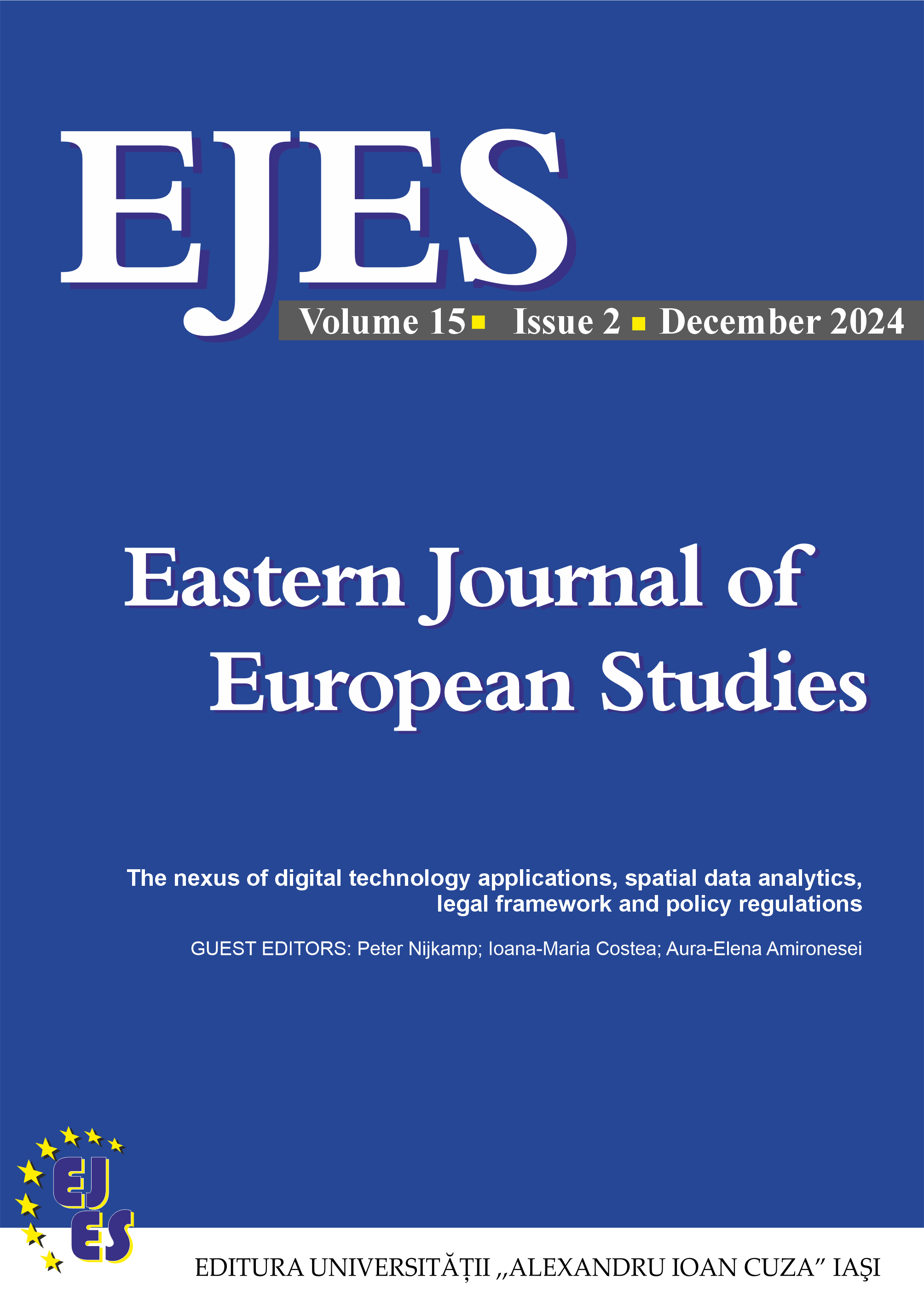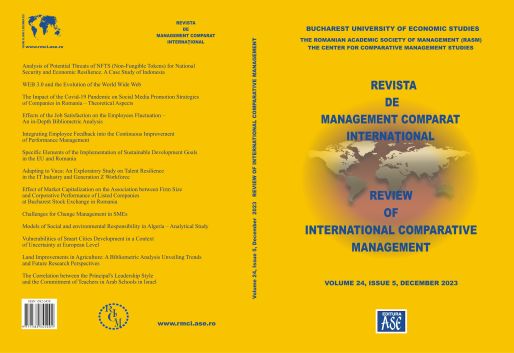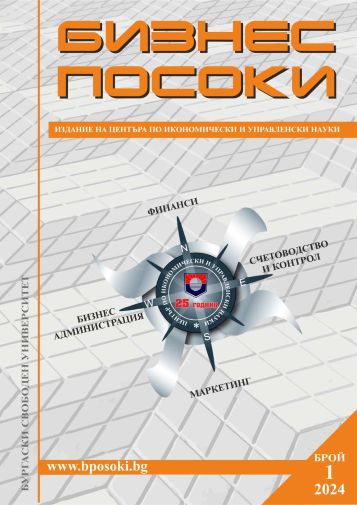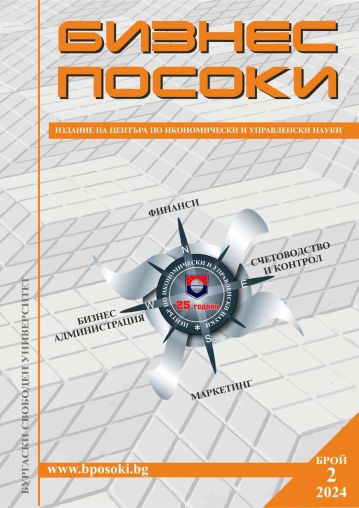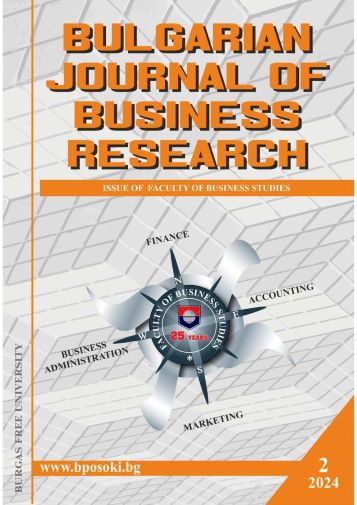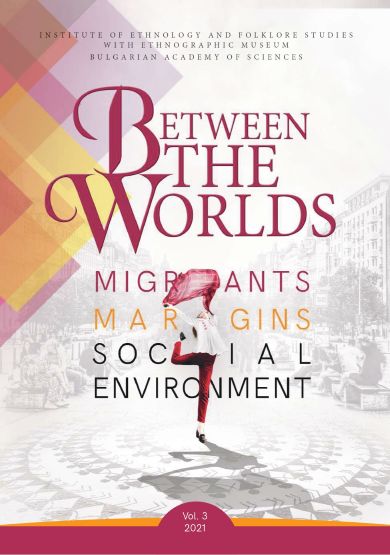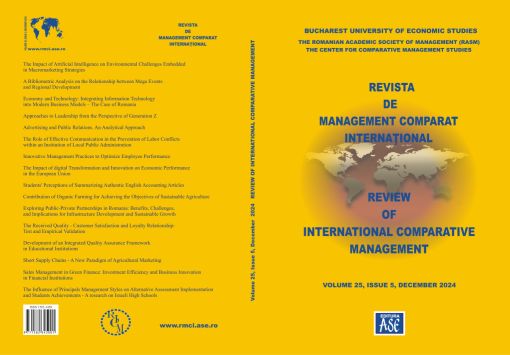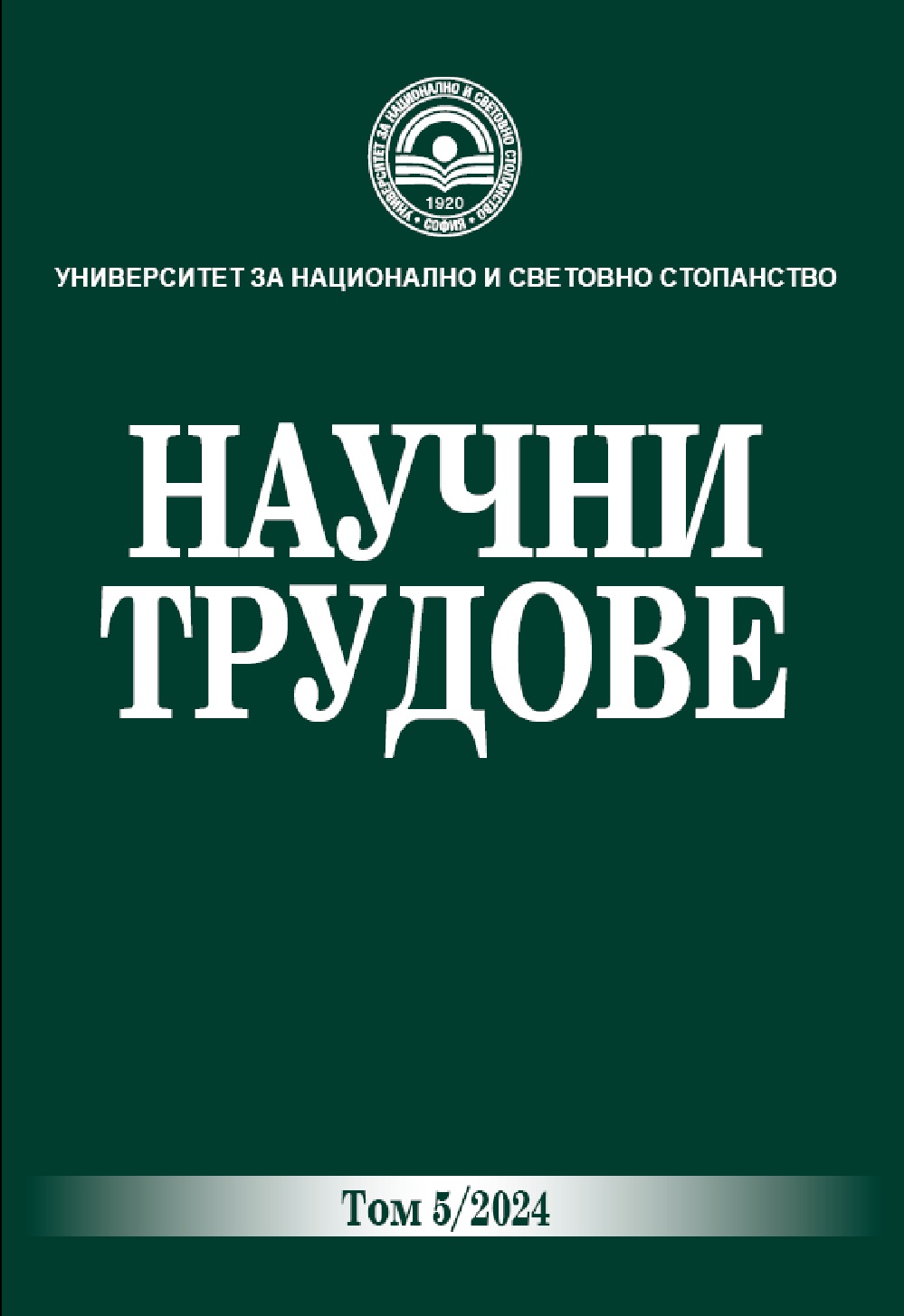Author(s): Mare Ainsaar,Denisa Fedáková,Ave Roots,Kaur Lumiste,Michal Kentoš,Jozef Výrost / Language(s): English
Issue: 4/2017
Analysing the effect of societal events on the population is essential to better understand the quality of life and interaction between society and individuals. Although event effect is a well-known phenomena in economy (MacKinlay, 1997) the empirical results on the effect of events on social attitudes and well-being are still scarce and contradictory. The aim of the current study is to analyse the changes of satisfaction of people in both countries during the Euro introduction period. It will allow for a better understanding of the influence of external events on individuals. Slovakia, in January 2009, and Estonia, in January 2011, changed their national currency to the Euro. In both countries the introduction of the Euro was accompanied with positive media coverage and a general acceptance of the Euro as a tool to achieve a better living standard and greater benefits from a common European currency. However, because of lower European Union scepticism and higher acceptance of the Euro in Slovakia, we expect that the adoption of the Euro has a stronger positive effect in Slovakia than in Estonia. Both Slovakia and Estonia carried out ESS fieldwork during the currency change period and this has allowed us to study the influence of the event on society regarding people’s satisfaction with it. We use data from the European Social Survey (ESS) for Estonia and Slovakia from the fourth and fifth rounds for analysis (ESS Round 4: European Social Survey Round 4 Data, 2008; ESS Round 5: European Social Survey Round 5 Data, 2010). The European Social Survey collects, alongside substantive data, also survey contact information. We have therefore the exact dates when respondents gave their answers about their opinions. We classify time periods into six different periods: three periods before the Euro period and periods after introducing the Euro to analyse fluctuations in attitudes. We analyse the influence of currency change on life satisfaction, satisfaction with the economy and satisfaction with the national government. The European Social Survey is a good database for international comparisons because of its highly standardised methodological approach towards data collection and the tight data quality control before archiving. The survey provides population representative data at country level starting from age of 15. To assess the change of respondents’ life satisfaction and satisfaction with the economy and government before and after the Euro introduction, a time variable was formed as follows: more than a month before the event, 4-3 weeks before the event, 2-1 weeks before the event, 1-2 weeks after the event, 3-4 weeks after the event, more than 4 weeks after the event. To control the influence of socio-economic selectivity of the respondents in different time periods in the sample, and the corresponding influence on the satisfaction level, additional control variables were added to the regression models. These were: age of the respondents, gender, health, highest level of education, perceived household’s income, current main economic activity status (working, studying, unemployed, retired, other), and ethnic minority status. The first descriptive results revealed differences between the two countries. A declining satisfaction trend prevailed in Estonia while satisfaction increased in Slovakia. For example, by the end January, all satisfaction indicators were essentially lower than before December in Estonia. Also satisfaction with the economy and government remained lower even after January in Estonia. In contrast, in Slovakia, the satisfaction with life rose and was high all January before dropping to the usual level only in February. Also satisfaction with the economy and government had several peaks in January. Regression analysis allowed the distinguishing of a clear time period effect without the effects of individual background. After taking into account background variables for individuals, the majority of the regression coefficients still remained negative in Estonia. Regression analyse proved that the drop in satisfaction did not only occur because of a concentration of certain types of respondents by the end of January, but was caused by other factors. Life satisfaction dropped in the third week of January in Estonia, even taking into account the socio-economic background of respondents; although this negative trend was not a year specific result. Estonians were more pessimistic also two years earlier in January, compared to the autumn period. In January 2009, in Slovakia, by contrast, people remained more satisfied with life even after when taking into account their socio-economic background. In Slovakia this effect was also year specific, and might be connected with currency change and related optimistic feelings. In the first weeks after the adoption of the Euro, satisfaction with the economy also rose in Slovakia and in the third and the fourth week satisfaction with the government. These fluctuations might be attributed to the effect of the Euro, but with some reservations; because we see higher satisfaction episodes with the economy also in January 2009 in Slovakia. In conclusion, the results demonstrated some positive effect of the Euro for Slovakia. However, the negative effects in Estonia cannot be attributed solely to the change to the Euro, because we found occasional negative episodes also from the reference year. Additionally, media claims described the New Year period 2010-11 also as politically critical. A comparison of the Euro change period data with data from the same season but different years, showed that fluctuations with satisfaction cannot be attributed only to one event, and total satisfaction is possibly an outcome of many interactions, both at an individual level and in society. Therefore the continuous study of multiple effects of essential events in society on attitudes is important. Monitoring the contextual data and examining the effect of societal events helps to understand processes in society and plan for better measurement tools.
More...
